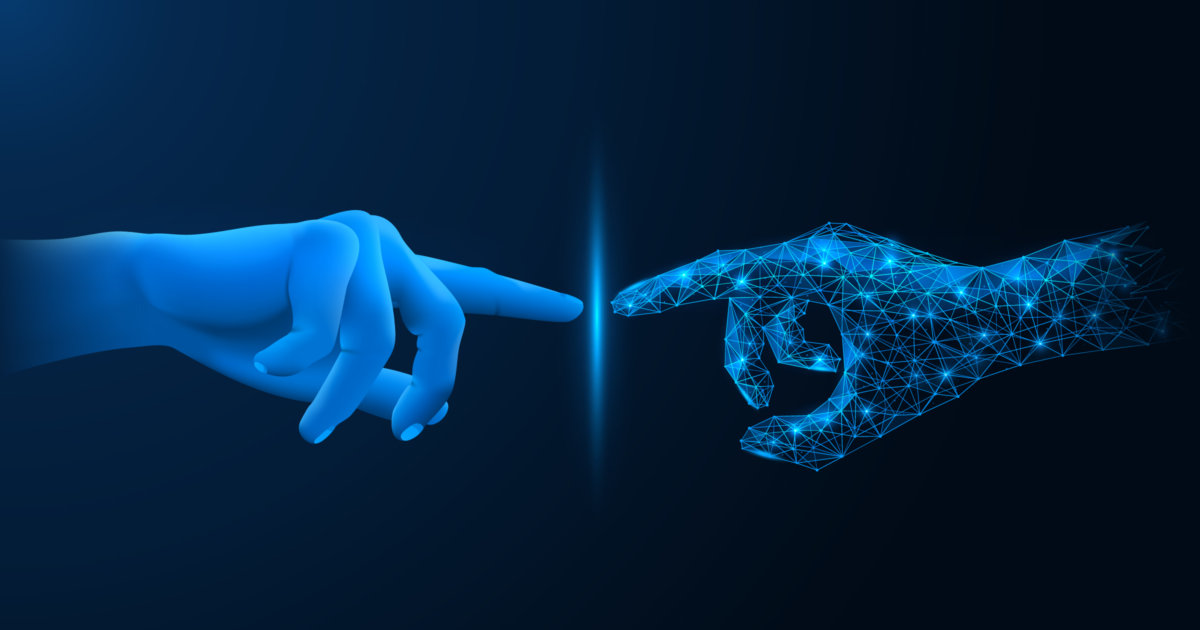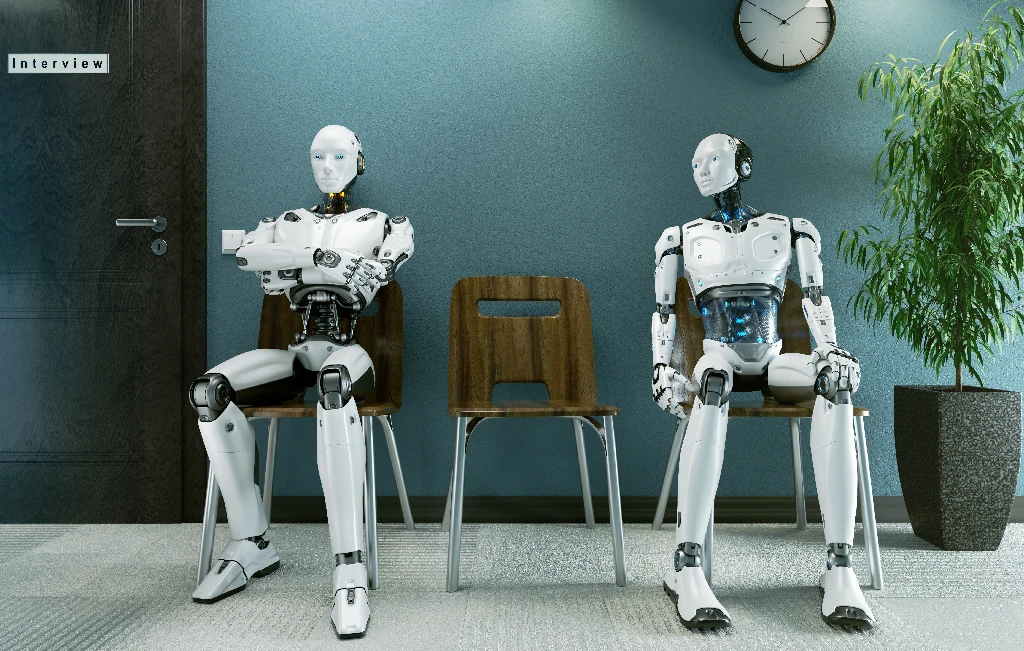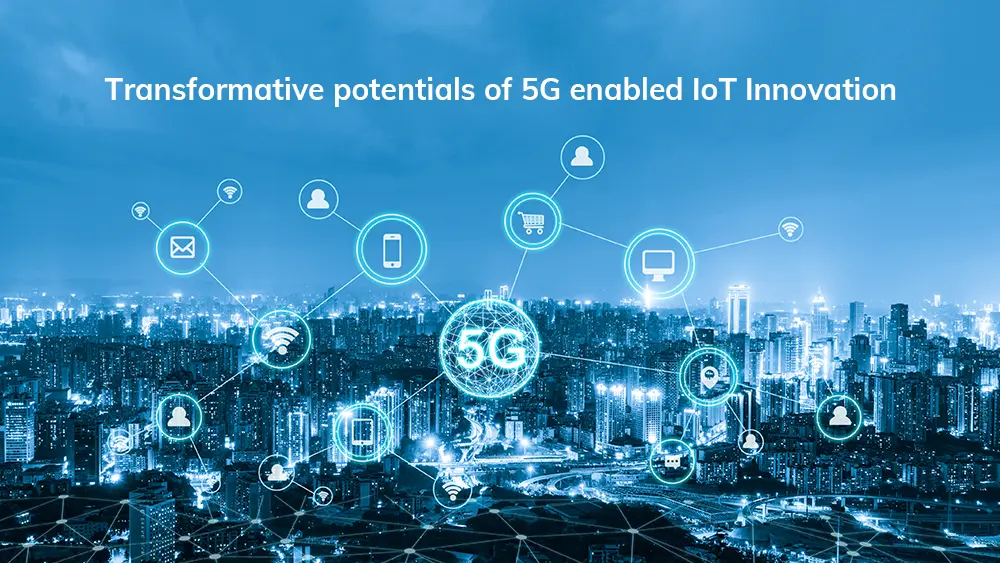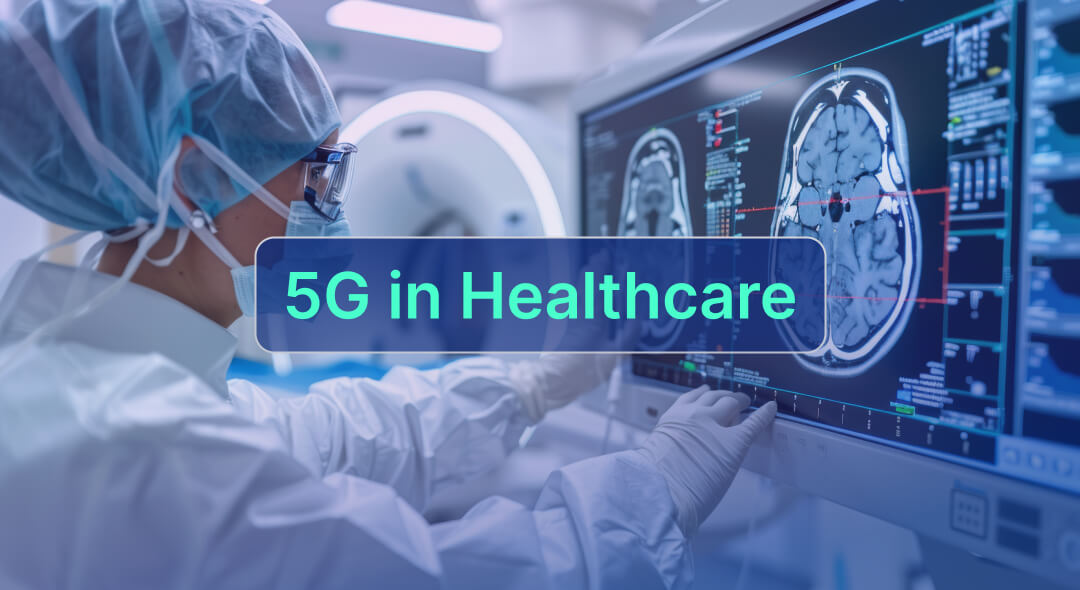Digital twin technology has moved beyond industrial niches and into mainstream innovation in 2025, offering hyper-accurate virtual replicas of physical systems, products, and processes. These dynamic models allow engineers, city planners, healthcare professionals, and manufacturers to test scenarios, predict failures, and optimize performance in real time—without disrupting actual operations. This capability significantly reduces costs, enhances safety, and improves decision-making through predictive insights backed by real-world data.
One of the most impactful applications of digital twins today is in smart city development. Urban planners use digital replicas of infrastructure to simulate traffic flow, emergency response strategies, and environmental conditions. In healthcare, patient-specific digital twins are emerging, allowing doctors to simulate treatments and predict outcomes based on an individual’s biological data. These advances exemplify the growing importance of cross-disciplinary collaboration in AI, IoT, and data science.
As businesses integrate digital twin technology into their ecosystems, trust and expertise become critical differentiators. Leveraging E-E-A-T (Experience, Expertise, Authoritativeness, Trustworthiness) principles ensures that data-driven models are not only technically sound but also ethically implemented. With accurate simulations guiding real-world improvements, digital twins are set to be a foundational pillar of digital transformation efforts across industries.





